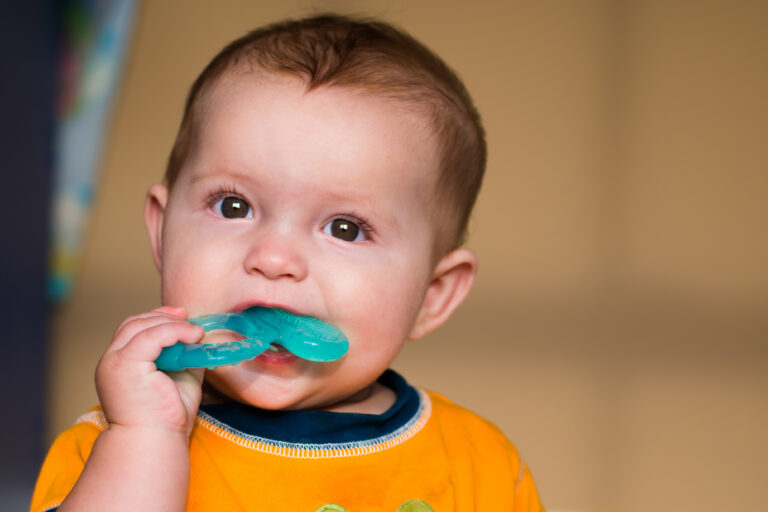Incorporating humor into daily routines can make learning fun and help build strong emotional bonds.
Though they can be overwhelming, tantrums are an opportunity for growth and learning.
Understanding your parenting style can help foster a healthier relationship and promote balanced development in your child.
Teething discomfort: How to soothe your baby with gentle gum massage, safe teething toys, and careful use of teething gels
Managing separation anxiety: Gradual separations, comforting routines, and confidence-building strategies to help your child adjust
Exploring the impact of authoritative, authoritarian, permissive, and uninvolved parenting on a child's emotional and behavioral development
The first three months of life are all about sensory and motor development. During this period, babies typically: These early months are foundational for growth, as babies start exploring their world and forming strong bonds with caregivers.
At 4 to 6 months, babies gain more mobility and social awareness: This is an exciting period where babies become more active and engaged with their environment.
Between 7 and 9 months, babies begin showing signs of independence: This stage is marked by rapid exploration and curiosity as babies discover their newfound abilities.
Biting is common among young children, especially during infancy and toddlerhood.







